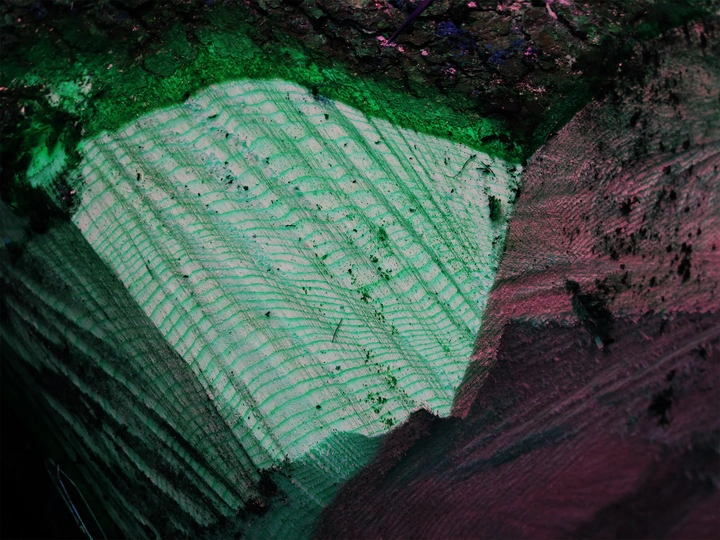Rooting Empathy

Marta Magnaguagno
Pierluigi Recca
Aron De Cesero (IT, 1995) is an architect who studied at Iuav University of Venice and ETSAM-Madrid, developing a strong interest in architectural composition, materials, and tectonics. After graduating, he collaborated with firms and academics such as Fabrizio Barozzi and Michel Carlana, also working as a freelance. His research enriches the group’s work by focusing on the link between construction materials and composition, exploring the interaction between architecture and the alpine environment, with an emphasis on the local wood supply chain and the specific qualities of wood as a living, constructive material.
–
Marta Magnaguagno (IT, 1996) is an architect and PhD candidate in Urban Studies at Iuav University of Venice, supervised by Paola Viganò, and works freelance in Venice and Trento. She studied at Iuav and TUBerlin, later collaborating with firms on public space projects and being teaching assistant. Her ongoing research supports the group’s focus on the ambiguity of economic power and its urban manifestations—especially in open public spaces—through a spatial justice lens. She investigates contemporary forms of urban exclusion and their spatial expressions, emphasizing critical mapping as a tool and method within the broader field of critical urbanism.
–
Pierluigi Recca (IT, 1994) studied architecture at Iuav, the Polytechnic of Milan, and ETSAM-Madrid. After graduating, he worked with Paredes Pedrosa in Madrid and is now practicing as a freelance architect in Milan. His interests lie in urban space and its degrees of domesticity at small to medium scales, a topic he explores further through teaching assistantships in Venice and Milan with Fabrizio Barozzi. His research contributes to the group’s work by investigating the spatial and social depth of façades and their role in the urban context, exploring how public buildings can engage the city and enhance collective life.
Rooting Empathy is a project started in 2021 in northeastern Italy, engaging rural and mountain territories at risk of being forgotten, stereotyped, or reduced to consumable images by tourism, global events, or speculative development. It emphasizes the urgent need to re-establish rooted presence - both physical and immaterial - as tools to understand and resist extractive logics.
At its core, the project sees the body as both a carrier of knowledge and a vector of relational presence. From the fatigue of land labour – like woodcutting or harvesting - to gestures of listening and transmitting experiences, it highlights inhabiting space through shared actions. A deep connection to local material culture and the rhythms of specific environments forms the ground for new imaginaries, free from imposed market narratives or touristic expectations. Mainly focused in the Dolomiti area, the project remains open to similar contexts, testing the research concept on different cases. The chosen territories are complex geographies marked by past catastrophes, economic pressure, abandonment, and social fragmentation. Rooting becomes both metaphor and method: to root is to resist, stay, rebuild, be present and care, while growing upward.
The process unfolds through performative actions, co-learning, and experimental making, such as community workshops and self-construction. These practices aim not for final products but processes that regenerate narratives, opening a dialogue about existing forms of power and serving as foundations for future design proposals. Through long-term collaborations with communities, administrations, workers, students, and researchers, it generates moments of collective attention and care, designed to last beyond the event itself.
Inspired by radical pedagogies, it activates spatial practices with local communities as steps toward small-scale transformations.
Care is a weapon. Empathy is the most radical and rebellious act.